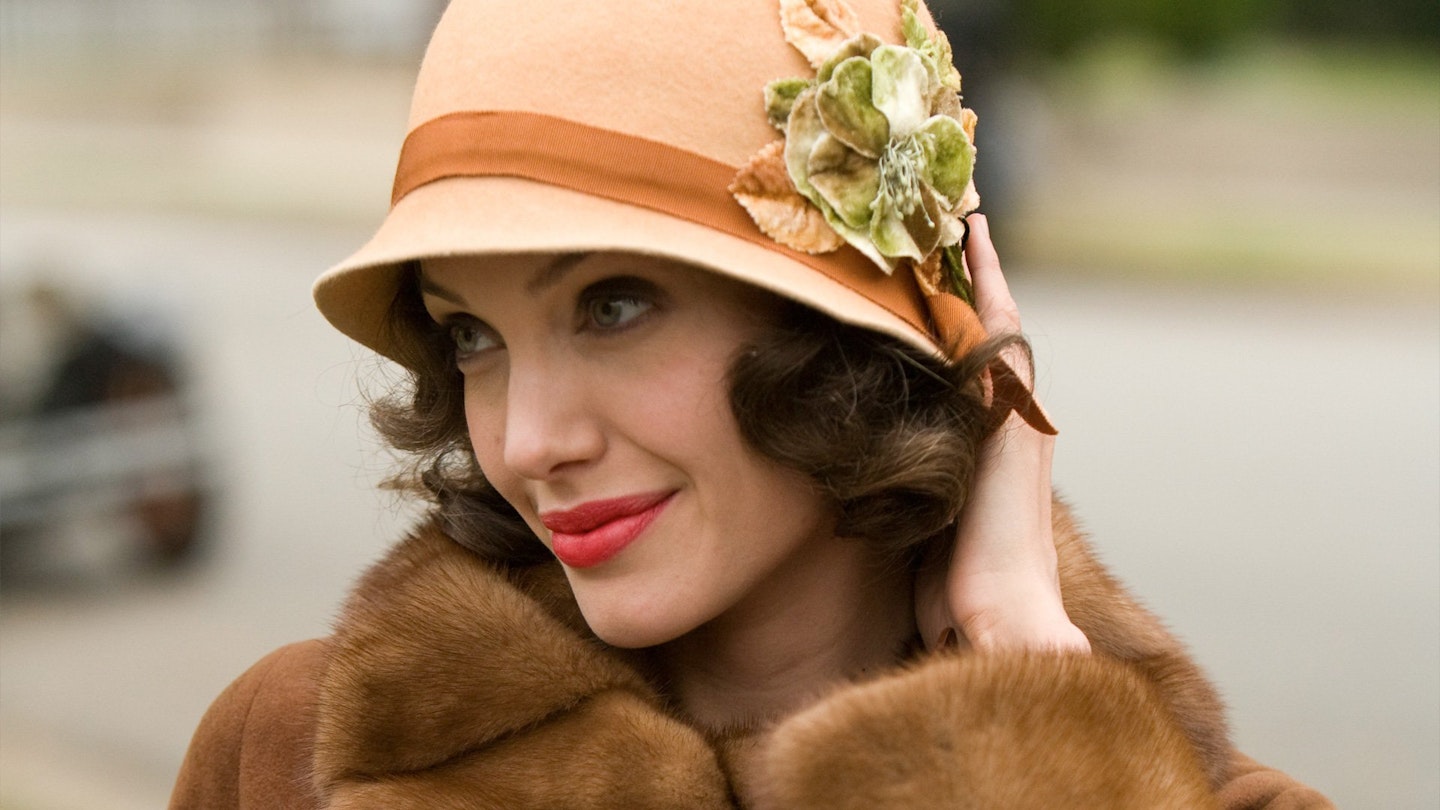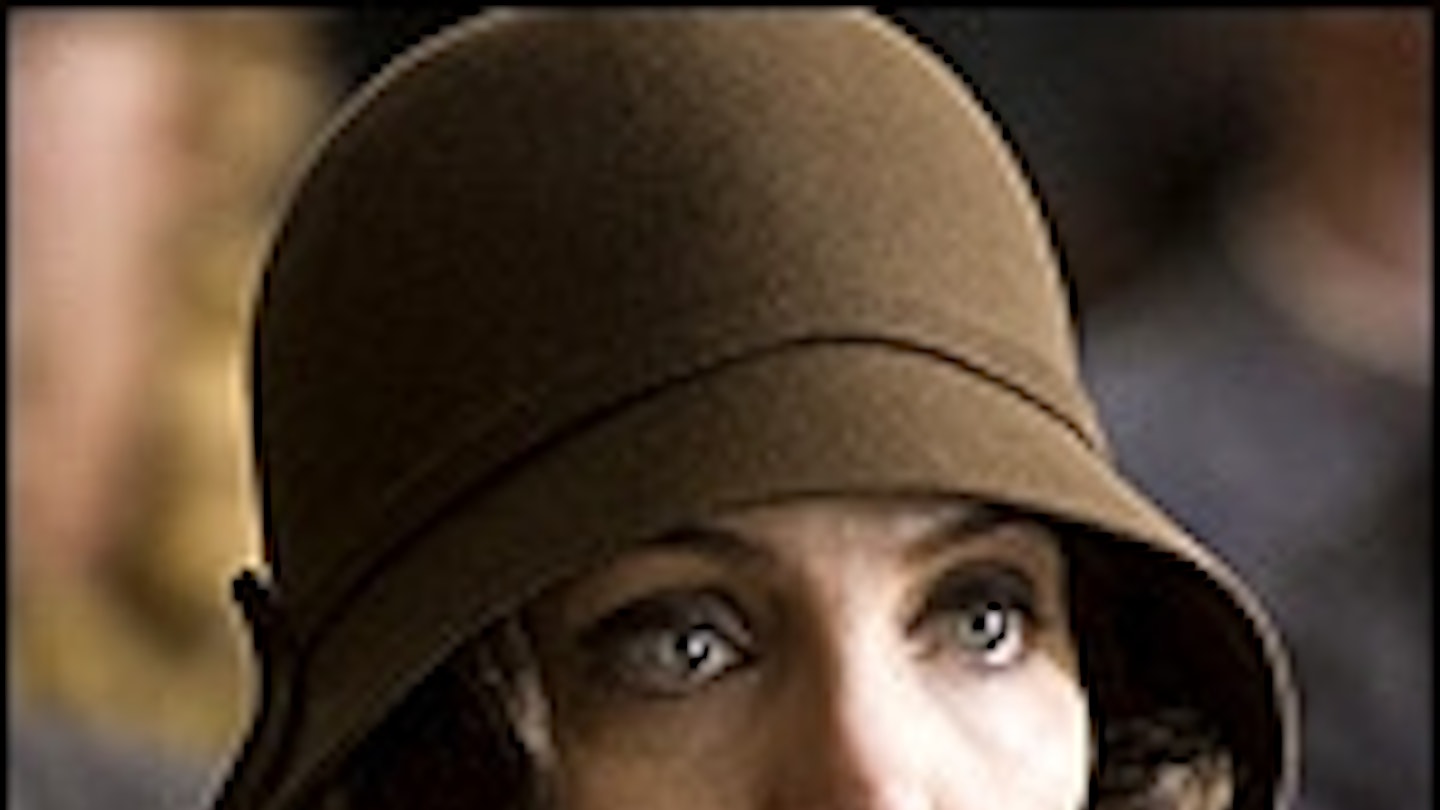What will the history books make of Clint Eastwood when he passes? He’s 78 now, and shows no sign of stopping, but is in the final stretch of an extraordinary career, one that, like that of any great artist, has been through periods and changes. He’s moved effortlessly from star to auteur, bouncing from genre to genre, moving fluidly from behind the lens to back in front of it, but always returning to profound themes of justice, empathy, wrath and revenge.
Eastwood is an American through and through, so one might say that his current, mature work bears comparison to that of another American master, the painter Edward Hopper. Like Hopper, Eastwood shows an economy of style, one that borders on pop but stays firmly classic. Think of the final scene of Million Dollar Baby, with Clint in a roadhouse diner. We see him from behind, through the window, eating key lime pie. Like Hopper’s 1942 Nighthawks
— a couple, a bartender, and a mysterious stranger hunched over with his back to us — this simple scene captures everything and nothing in the neon glare of a melancholy moment.
A less famous painting is Hopper’s 1927 Automat, showing a flapper girl in a fur-trimmed coat staring forlornly at a cup of coffee in a deserted late-night café. It would be pretty amazing if this picture hadn’t come up as a reference point during pre-production on Eastwood’s latest, since it was painted a year before this film, which is based on a true story, is set. It perfectly captures the mood and intent of Changeling, a film that invites you to wonder, to imagine, think and identify. At the centre is a brilliant performance by Angelina Jolie, a turn that works because she wants you to invest in it and go through her traumas with her, not simply be shown them. Eastwood sets this intimate performance against a big, bold backdrop that might be his most ambitious yet, tackling his usual themes but throwing in wonderful meditations on the heyday ofHollywood, its peddling of dreams and the ugly, ruthless realities that lay, literally, on its fringes.
It would spoil things to go too far into the latter, which rotate around a fascinating, obnoxious character called Gordon Stewart Northcott, but it must be stressed that Changeling is not, as its simplistic trailer suggests, just a mother’s heroic quest for the truth. For a start, it addresses the bedrock of modern LA’s foundation, notably the LAPD, which in the early ’20s was a completely discredited organisation. The police not only know that Christine’s ‘son’ is not hers; they deliberately silence her when she raises her voice. Christine is railroaded through a mental hospital, much like ’30s movie star Frances Farmer, along with a lot of other ‘inconvenient’ women — some hookers who won’t play ball, some witnesses to LAPD crimes. In this way, the film resembles a new Chinatown or L. A. Confidential: underneath, there’s a terrific drama about the painful birth of the latter-day City Of Angels.
As in many of Eastwood’s films, and not just the recent ones, there’s also a preacher figure to contend with, and when we first meet John Malkovich’s Reverend Gustav Briegleb he seems to be a crackpot, using his pulpit to denounce the police. But Briegleb will turn out to be the movie’s conscience, or rather its moral backbone, listening to Christine’s story, helping her fight back, and, when she goes missing, confronting the authorities about her rough treatment. Because Christine needs all the help she can get: what starts out as a mystery-thriller soon takes some devastating twists and turns, verging on noir when the LAPD throw the book at her, dipping into dark, bloody horror when Northcott comes on the scene, and climaxing in a courtroom drama for its well-paced and tense climax.
Eastwood handles all this like the pro he is, and though there have been complaints about the film’s melodrama and questions raised about its realism (would a single mother live in such a big house?), that’s nit-picking. This is another fabulous drama from a man whose films, in contrast to his peers’, just can’t stop getting better and better.



